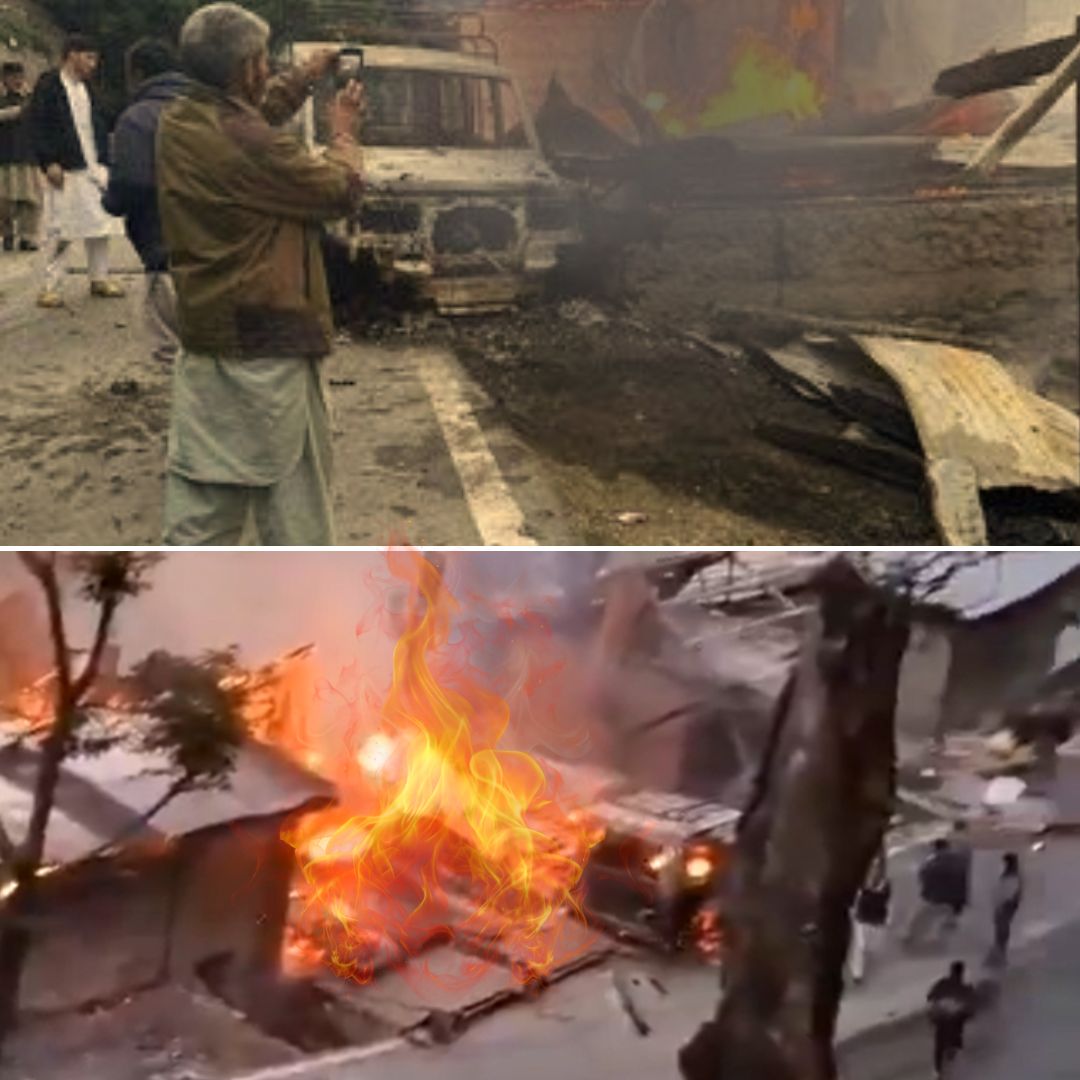At least 15 civilians, including four Sikhs and several children, were killed and over 40 injured in heavy cross-border shelling by the Pakistan Army in Jammu and Kashmir’s Poonch district on May 7, 2025. The artillery barrage targeted residential areas, resulting in damage to a gurdwara, a mosque, a school, and numerous homes.
This attack came shortly after India launched Operation Sindoor, a retaliatory strike on terror camps in Pakistan and Pakistan-occupied Kashmir following the April 22 terror attack in Pahalgam that killed 26 civilians. Officials from both sides condemned the violence, with Sikh leaders demanding justice and compensation. The situation remains tense, with ongoing ceasefire violations along the Line of Control (LoC), prompting urgent calls for peace and dialogue.
Civilian Tragedy and Destruction: Poonch Communities Bear the Brunt
The Pakistan Army’s intense shelling on May 7 devastated multiple forward villages and Poonch town, killing 15 civilians—including four Sikhs: Bhai Amrik Singh (a raagi at the gurdwara), Bhai Amarjeet Singh, Bhai Ranjit Singh, among others. Among the dead were four children aged between 7 and 14 years, as well as a Muslim cleric who was killed when a mosque was struck.
Over 40 people sustained injuries, many in critical condition, overwhelming local hospitals. The Central Gurdwara Sri Guru Singh Sabha, a revered religious site, suffered severe damage, along with a mosque, a local school, and numerous homes and vehicles. Residents described panic and chaos as families fled to underground bunkers or sought refuge in safer areas.
Narinder Singh, President of the District Gurudwara Prabandhak Committee, called the attack “senseless and barbaric,” urging the Jammu and Kashmir government and the Centre to take immediate measures to protect civilians.
Shiromani Akali Dal chief Sukhbir Singh Badal condemned the attack as “inhuman” and demanded adequate compensation and rehabilitation for the victims’ families. The shelling has disrupted daily life, with schools closed and thousands displaced, highlighting the fragile security and humanitarian situation in border areas.
Operation Sindoor and the Escalating Cycle of Violence
This deadly shelling followed India’s launch of Operation Sindoor, a precision strike targeting nine terror camps in Pakistan and Pakistan-occupied Kashmir in retaliation for the April 22 terror attack in Pahalgam, which killed 26 civilians.
The cross-border firing on May 7 marked the 13th consecutive day of ceasefire violations along the LoC, with Poonch district bearing the worst impact. Indian security forces responded decisively by destroying multiple Pakistani posts responsible for the shelling.
Jammu and Kashmir Chief Minister Omar Abdullah convened emergency meetings to coordinate relief and security measures, while Defence Minister Rajnath Singh praised the Indian Armed Forces for their “precision and bravery” in neutralising terror threats.
Despite these military responses, the ongoing tit-for-tat hostilities continue to imperil civilian lives and exacerbate fears of further escalation. The fragile peace along the LoC remains under severe strain, underscoring the urgent need for diplomatic engagement.
The Logical Indian’s Perspective
The tragic loss of innocent lives and damage to sacred spaces in Poonch is a stark reminder of the human cost of entrenched hostility between India and Pakistan. The Logical Indian firmly believes that while national security is paramount, it must not come at the expense of civilian safety and communal harmony.
We advocate for sustained dialogue, empathy, and peaceful coexistence as the only viable path to breaking the vicious cycle of violence that repeatedly devastates border communities. Both nations share a rich cultural and historical heritage that transcends conflict, and it is imperative to nurture this shared humanity through kindness and understanding.
As tensions simmer, how can India and Pakistan move beyond retaliation to build a future where border communities live without fear and sacred places are respected? We invite our readers to engage in this crucial conversation and share their thoughts on fostering peace amid ongoing conflict.
Pakistan has crossed all limits. Targeting civilians in Poonch, including innocent women and children is a cowardly and inhuman act. India strikes terrorists not innocents. Know the difference. Prayers with the people of J&K residing around LoC. pic.twitter.com/aIVKNiEKlU
— Deepika Pushkar Nath (@DeepikaPNath) May 7, 2025












